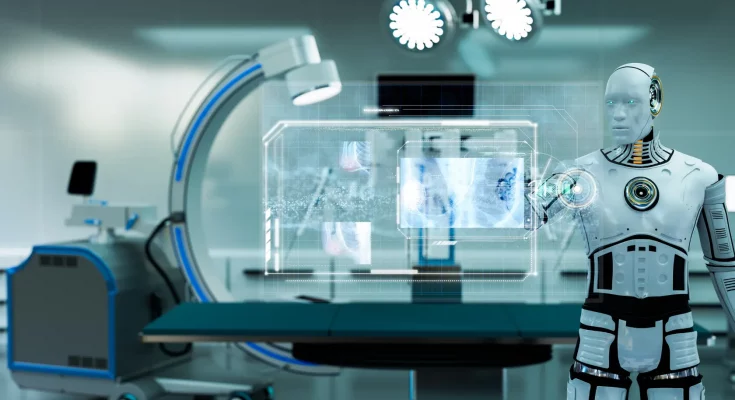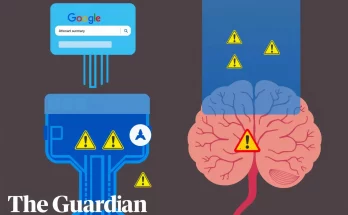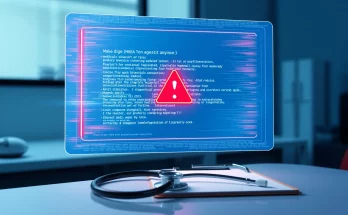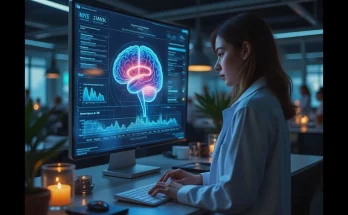In a groundbreaking development, researchers at the University of Pennsylvania have utilized artificial intelligence (AI) to identify a life-saving treatment for idiopathic multicentric Castleman’s disease (iMCD), a rare and often fatal condition. This innovative approach not only offers hope to iMCD patients but also paves the way for AI-driven solutions in treating other rare diseases.
The Challenge of Treating Rare Diseases
Rare diseases, defined as conditions affecting fewer than 200,000 people in the U.S., often lack effective treatments due to limited research and resources. Patients with iMCD, for instance, experience severe symptoms like lymph node enlargement and multi-organ failure, with few therapeutic options available.
AI’s Role in Drug Repurposing
The research team employed an AI technique called machine learning to analyze a vast database of over 4,000 existing medications. The AI identified adalimumab, a monoclonal antibody approved for conditions such as arthritis and Crohn’s disease, as the top candidate for treating iMCD.
Successful Application and Patient Outcome
Upon discovering elevated tumor necrosis factor (TNF) levels in iMCD patients, the researchers hypothesized that inhibiting TNF could be beneficial. They administered adalimumab to a patient who was nearing hospice care due to the severity of his condition. Remarkably, the patient entered remission and has remained symptom-free for nearly two years.
Implications for Future Treatments
This success underscores the potential of AI in drug repurposing, especially for rare diseases lacking dedicated treatments. By leveraging AI to analyze existing medications, researchers can expedite the identification of effective therapies, offering new hope to patients with limited options.
Conclusion
The integration of AI in medical research is revolutionizing the approach to rare diseases. The case of iMCD and adalimumab exemplifies how technology can uncover new uses for existing drugs, potentially saving lives and improving patient outcomes.
Stay informed about advancements in AI-driven medical research by following reputable health news sources. If you or someone you know is affected by a rare disease, consider consulting with healthcare professionals about emerging treatments and the role of AI in discovering new therapies.



